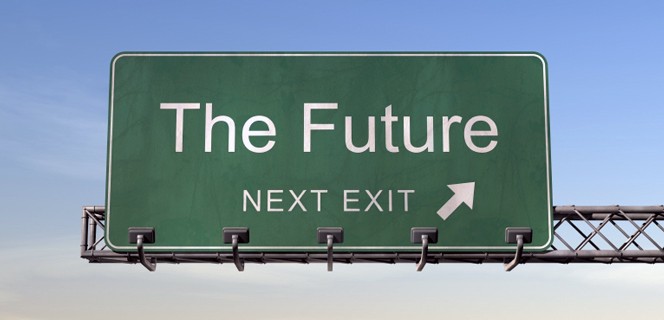Prepare for the future by using lessons from the past.
We are often reminded that history repeats itself. This usually carries a negative connotation, implying that past events are undesirable and therefore should be prevented from arising in the future. Despite such warnings, there are many cases where the past contains invaluable lessons which, if applied wisely, can ensure that the future is a benevolent version of what happened prior.
“Those who cannot remember the past are condemned to repeat it.” — George Santayana
Albert Einstein famously stated “I never worry about the future — it comes soon enough.” The reality is that we are curious creatures and we spend much of our existence pondering what awaits around the corner. We worry about our work, our relationships, our plans, our upcoming travels, and sometimes about how much time we have left on this planet. While all these concerns are valid as we seek to make the most of every situation, we must recognize that worrying about the future is a natural part of life. The key here is the ‘worrying’ part — what if rather than worrying we were able to prepare by thinking back to the past and identifying insights to help prepare us for the difficulties that lie ahead? Rather than attempting to blindly anticipate what may come, we can rely more on known outcomes and events that already taken place. At least in this case, we may sleep calmly knowing that we have analyzed the past and are bringing the learnings into the future, regardless of what may happen.

Think of your current or previous job. Imagine you worked with a client and did not see eye to eye on a particular project. This disagreement may have begun as a small misaligned which then spiraled into a significant rift. In countless instances, small friction grows into a substantial conflict resulting in loss of business, termination of employment, and prolonged agony. Much of this can be bypassed by reflecting back on the positive working relationship we have built. Look for patterns of what worked well and what did not. Take the time to understand where you could have intentionally taken a different course and seek to understand how this would have affected outcomes. We have an invaluable resource at our disposal — the past. If used sensibly, the past can reveal a plethora of lessons that can and should affect the way we act going forward.
Now think of a past relationship. If there were differences of opinion (which there certainly were), they likely led to disagreements and natural tension within the relationship. We all carry certain regrets about the way we behaved in the past, whether with in a professional setting or with a loved one. But rather than blind regret, we must take the time to understand our behavior. What was the root cause that triggered a certain action or discourse? Why did tempers flare? Could anything have been done to diffuse the situation and improve the relationship before it was too late? The goal is not to dwell excessively on the past, but to consciously acknowledge where we had misstepped in order to avoid repeating these (easily avoidable) mistakes in the future.
History does tend to repeat itself, but many times this only happens if you allow it to. In some cases, this is not a bad thing nor is it avoidable. We must simply take things in stride and continue to move forward. Yet in other situations, we are confronted with an escapable repetition of history. In these moments, one should recognize when a particular situation or turn of events could have been prevented, and how this could have been achieved. The missing piece resides in the past and in the lessons that we could have and should have searched for. Thus, we think backward in order to look forward with more clarity and resolve.
Originally published at medium.com


